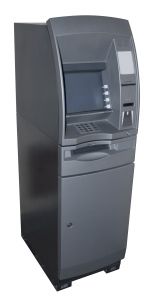Attorney J. Bradley Smith answering the question: “Are breath test results always accurate?”
Several important recent criminal court decisions are poised to impact how law enforcement agencies across North Carolina handle drunk driving checkpoints in the future. Experts say that the cases are clarifying exactly what is required of police officers to operate a valid checkpoint.
 Sobriety checkpoints in North Carolina are becoming a far more common sight for drivers out in the evening or late at night. In addition to official checkpoints where officers stop all drivers passing through the area, some police departments are engaging in what are known as saturation patrols, which target areas popular for drinking with extra police officers. Both strategies are among those embraced by law enforcement agencies across the state and are aimed at cracking down on incidents of impaired driving.
Sobriety checkpoints in North Carolina are becoming a far more common sight for drivers out in the evening or late at night. In addition to official checkpoints where officers stop all drivers passing through the area, some police departments are engaging in what are known as saturation patrols, which target areas popular for drinking with extra police officers. Both strategies are among those embraced by law enforcement agencies across the state and are aimed at cracking down on incidents of impaired driving.
Earlier this month, the North Carolina Court of Appeals issued a ruling regarding a sobriety checkpoint out of Anson County. In that case, a driver was arrested and charged with a DWI after officers conducted a breath test. However, the Court of Appeals held that the evidence obtained during the sobriety checkpoint was inadmissible during trial because the law enforcement agency conducting the sobriety checkpoint never bothered to write down official guidelines for how the checkpoint would be conducted. The case amounted to a surprising victory for the defendant and a rebuke of the local sheriff’s office.
 Charlotte Criminal Lawyer Blog
Charlotte Criminal Lawyer Blog










